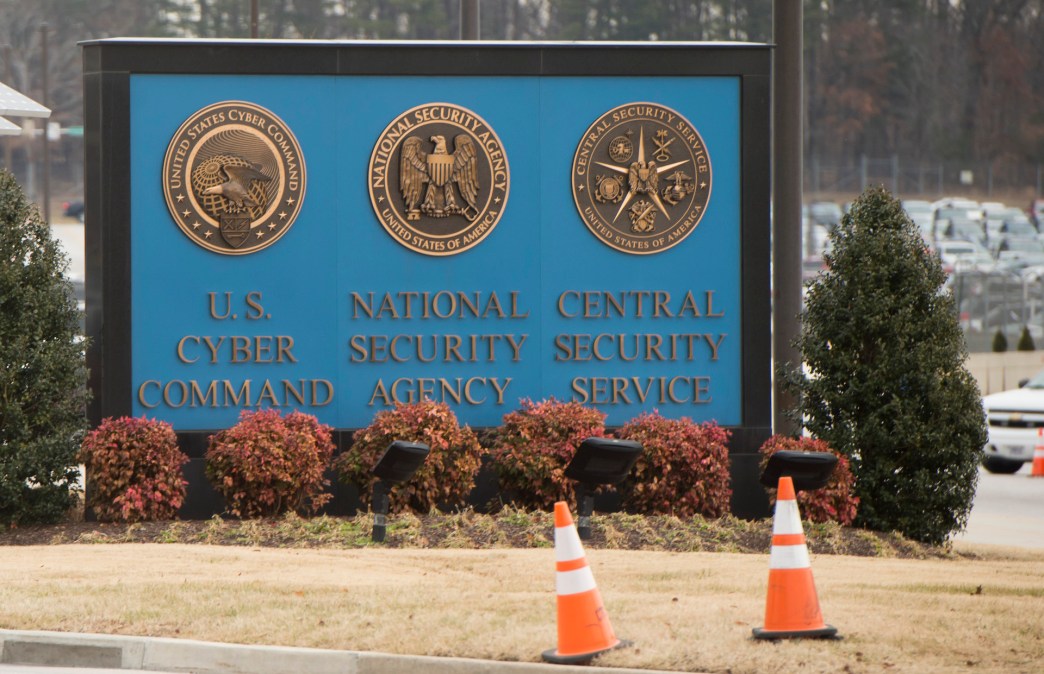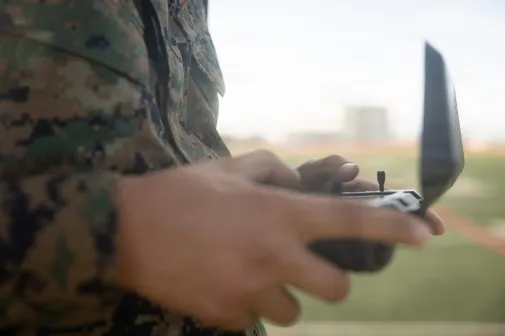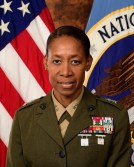Army assumes support agent role for US Cyber Command

The Army subsumed around 350 civilians as it became the combatant command support agent for U.S. Cyber Command effective June 2, according to a release.
That role was previously undertaken by the Air Force, but under the congressionally mandated change, those 350 or so Air Force civilians will now be Army civilians working on behalf of Cybercom.
All combatant commands require a combatant command support agent since they are joint organizations that encompass rotating uniformed staff from all services. These entities are responsible for administrative and logistical support of the headquarters and any subordinate unified commands, which includes professional, technical, administrative, logistical and/or base operating support that is performed in or provided directly to the headquarters of a combatant command to perform the headquarters assigned mission effectively, according to Department of Defense Directive 5100.03.
For example, the Army is also the support agent for European Command.
Officials noted that the primary footprint for Cybercom is at Fort Meade, an Army installation, and not everything will change.
“Think of the transfer like this: It’s like your phone service switched from Verizon to AT&T, but your number stayed the same. At the end of the day, you still work for U.S. CYBERCOM, only now you’re affiliated with the best Army in the world,” Jeffrey Jones, deputy to the commanding general at Army Cyber Command, said in a statement.
A Cybercom spokesperson noted that the civilian employees changing services will maintain their current positions and pay grades, but the Army will now assume responsibility of their administration for Cybercom to include things such as time off, identification cards or polygraphs, to name a few.
In his posture statement to Congress in April, Cybercom commander Gen. Timothy Haugh said the Army’s “military and civilian leaders have been superb in managing this transition and making sure our civilians experience this as a seamless and transparent process.”






